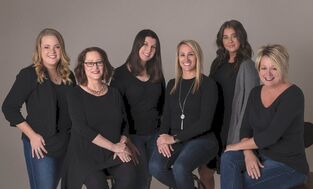 About Us With over 500 members and an annual operating budget of over $2 million, the Washington Area Chamber of Commerce has been ranked the second-largest chamber in the region by the St. Louis Business Journal. Our chamber, founded in 1923, has three main operating components; the Chamber Office, the Washington Town & Country Fair, and the Washington Division of Tourism. The Town & Country Fair is the third-largest fair in the state, bringing five days of fun and entertainment to Washington every August. In 1999, a lodging tax was created, with proceeds going specifically towards marketing Washington as a tourist destination. The Director of Tourism has been employed by the Chamber since the position was created. Our mission is to provide services that strengthen our member businesses, and enhance the local economic climate and the quality of life of area residents. We work toward our mission through partnerships with the City of Washington and Downtown Washington, Inc., paying attention to issues that affect the continued viability of existing local businesses, and attracting new business and expansion to the area. Community events are provided, in addition to our business networking and development events, to enhance the area's spirit of community, and we're proud to actively support the efforts of other organizations to do the same. A Look Back at 2019 The past year has been a great one for building momentum at the Chamber! We've expanded a program and built a few others to strengthen our organization and the community for years to come. The Young Professionals group was re-energized this year with a new event, the Pub Crawl, and a renewed focus on networking and development events. The group was aided by the creation of the Young Ambassadors, a joint project from the City of Washington and the Chamber, with a small leadership team tasked with developing programs/events and marketing Washington to young professionals throughout the region. The 2019 class of Outstanding Young Professionals was recognized in October, bringing the total number of honorees over the past seven years to 90. The theme of developing future leaders carried into a new partnership between the Chamber, YMCA, School District of Washington, and St. Francis Borgia Regional High School with the creation of the Leadership Academy of Washington. The two-day event developed for incoming High School Juniors and Seniors was a huge success and left the planning committee ready to hit the ground running for next year's program. The future of Washington will be in very capable hands! **More about the Leadership Academy can be found on page 19. Late in the year, it became clear that as a Chamber, we simply must do more to support and recognize our members. A robust plan was developed to ensure each member has a specific staff contact at the office, and staff has been charged with reaching out to their members multiple times each year - asking for feedback, ensuring chamber records are up-to-date, and making sure members know they are important to and appreciated by our organization. The program was implemented toward the end of the year, and will continue to be expanded in future years. 2019 Membership Events Included: Business Breakfast Meeting Government Forum Banquet Ladies' Golf Day Summer Mixer Member Luncheon Part-Time Job Fair Winter Mixer 2019 Community Events Included: Music at the Market series Cajun Festival Fair Kick-off Party Pumpkin Palooza (canceled this year due to weather) Olde Fashioned Christmas Looking Forward to 2020 and Beyond Building on the successes for the Young Professionals group and Leadership Academy of Washington are priorities for 2020. Building up the next generation of leaders is vital to Washington's continued success. We'll also be focusing on recognizing our members, and providing more benefits to them. Members that celebrated milestone membership anniversaries in the past year will be recognized at the Business Breakfast Meeting (new members, 5-year anniversaries), Banquet (25-, 30-, and 40-year anniversaries, plus the newly created "Chairman's Circle" for 50-year anniversaries), and Summer Mixer (10- and 20-year anniversaries). 2020 will also see the re-launch of an Education Series for members. Events will be held over lunch in the Chamber Boardroom and will include a meal, brief networking time, and an educational presentation. The first session was held in January with 25 participants, who gave very positive feedback and were grateful to see the program offered. Future topics were selected based on results from a member survey and will include:
A Closer Look at Some of Our Projects Washington Town & Country Fair We had an amazing year celebrating our 90th Fair with fairgoers young and old, who all enjoyed five jam-packed days of fun, food, and friends! Our board prides itself on providing something for everyone, including concerts, motorsports events, shows, exhibits, and the can't-miss Brewfest & Wing-Ding. At the end of the year, we were proud and humbled to see our local economic impact top $1 million dollars for the 18th consecutive year. It is our great honor to organize the Fair with the help of our sponsors, and we look forward to providing a great community event for many years to come. Washington Farmers' Market For over 20 years, our market has offered something for everyone. Open Saturday mornings, April - October, the market is host to more than 40 vendors selling local plants and produce, meat, eggs, jams & jellies, and baked goods. Crafters selling their handmade items have also found a home at the market, offering charming and unique items. The beautifully renovated historic building with pavilion guarantees customers will be covered, rain or shine at 317 West Main Street in Downtown Washington, Missouri. The Sprouts Kids Club, started in 2017, attracts children and families to the market and encourages participants (ages 3-10) to pick out and purchase their own fruits and veggies with their very own market money, earned by checking in each week! Washington Division of Tourism Washington has small town charm and big city amenities…offering both downhome and uptown experiences. Washington can be your hub for both the Hermann and Augusta Wine Trails. With dozens of wineries to choose from, there is no doubt that you will find one to fall in love with. Whether you choose a quick day-trip or decide to make a weekend out of it, be sure to visit our lively downtown district with shops that will appeal to everyone! All four seasons can be enjoyed to the fullest with Washington’s landscaping and cleanliness; so, bring your camera to capture the beauty that is Washington. Getting here is easy by car, or train. Amtrak stops four times daily. Step-on guided tours are available for bus groups and our own tour bus (available for 6-14 passengers) may also be scheduled for a group coming in by train or car. For more information...
Recently, our Chamber President and Economic Development Director sat down with some local business leaders to discuss the challenges and advantages of today's business climate, and what makes Washington a great home for their business. Meet the Panel What trends do you notice in industrial development in the area? Have you had to adapt to a recovering economy since 2008? Maune: We’ve had to consolidate the operations for leaner operations and to be more competitive in our market. I think some of the challenges is that “Amazon” thought process is what we're always up against. “I wanted it yesterday”, quick turnaround. We do a lot of online orders; we're seeing that part of our business increase online. People trying to place those orders on their phones. That's become a bigger part of us. Sallaberry: Every business is becoming a technology business. Technology has to be ingrained and embedded into everything you do these days. Whether it's sales, marketing, manufacturing, or even the way you interact with customers, it’s becoming an important piece. James: Global capacity out there is certainly high, we compete across the globe and that's not something commonly known about our product. We move with the economy. Our industry in 2008, 2009 and 2010 dropped 50% revenue. The global competition for us is even more prevalent now post-recession versus pre-recession. The other thing is speed. Even within our product, it takes us six to eight months to execute an order from the time we quote until we deliver. Archer: We've been through quite a ride since 2008. It seems that most any company had survived out of that has embraced some level of how we make everything as lean as possible and expand, but only expand as much as needed. Not necessarily looking at what you need 10 or 15 years from now, but what do I need for the next year? Melton has been lucky. In the last two years, we've made a commitment to build a large building that'll take care of us for the next 15 or 20 years. Just in the past 10 years, how has technology changed your business from operations to company culture? Sallaberry: Our customers are actually demanding a higher level of technology embedded into the equipment we make. They want to maximize their productivity and minimize their downtime, just like us. That’s something that wasn't even on our radar ten years ago. Archer: Over the last 10 years, the United States has gone from being the sixth most productive country to right at the top one or two spot as most productive country in terms of producing. Automation is directly related to some of those results. With the amount of technology and stuff that’s out there, it's hard to find people that know everything you need for them to know to hire them anyway, so you have to train. If you're going to train them anyway, then you might as well hire the best candidate for the position no matter the training. We're more about looking for somebody who's going to be a cultural fit for our company. James: There should be no fear from automation. Anytime we can take non-value-added work out of some part of our business, we can take those hours and put it adding value somewhere else in our business. If we automate something away, no one's losing their job. We need great people that can run our business. We used to hear the word employee morale talked about more than culture. If someone's happy that's great, but at the same time it questions are they performing in other areas as well. It's not just about employee happiness though, our employee morale is a mindset. We're competing around the globe and it's easy being mediocre, but it's not good enough. Maune: For Hodges, we went through a huge hiring in the last year and added 50% new people to the plant. We went from 60 to 120 employees. It's been a huge change to our culture, but we’ve been trying to get that culture back. That was a big influx of a lot of new people there. We're realizing that our culture has to stay. If you put the people first, the rest falls in place. One of the things we did during this is we started a part time, second shift and it is four to nine Monday through Thursday. We're getting people who have jobs and they're working night shifts. They are extremely loyal people because they have amazing work ethic. James: We have about 475 employees in our business and I hand write 475 birthday cards a year. It's just the small things. How do you make someone try to feel a little extra special? Birthdays, weddings, graduations, the things that matter to our employees have to matter to us to. We've kind of forgotten how to write personal notes and how to do personal touches like that. 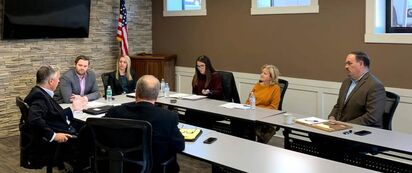 Have any of your businesses had to change daily operations because of the changing landscape of the workforce? What are some ways you’ve addresses the workforce challenge? Sallaberry: If you go to StateTech and somebody who's graduating in December and you're going there in September to look for those people, they're gone already. They've already made a decision. We’re talking to people in September who are going to graduate in May or June or July and they already have two offers. We're filtering that down to the high schools now into STEM programs. Both high schools have STEM programs and we're bringing those kids on to work with us in the summers and part time on holidays for the experience, getting to know each other, letting them see what we do and some of those kids, even at the high school level are doing some great work. Archer: We probably do two or three tours a year to middle school students and beginning high school students and STEM programs, as many people as we can bring through our doors. Some of the tours are targeted like a woman in STEM. We need to bring manufacturing into the schools to see opportunities. There's so many opportunities out there that need to be showcased to everyone. When we find someone that we like, who shares our values and respects our values of hungry, humble and smart. We want to advance that person, so that they stay with us for a long time. James: We have the ability to recruit engineering, sales, and marketing all within the metro area because of our community’s location. We have local students in all of our avenues. I've been in some form of manufacturing for 32 years and it's the first time that we sit back and realized our limiting factor to our growth is not capital, tools, equipment, material or the office area, it's do we have the men and the women to build the products to take care of our customers. Maune: At Hodges I still see promoting within, going up the ladder and not having to have those degrees, but putting that best foot forward, and it opens so many doors. What are some federal, state, or local programs your companies have used to assist in growth? What other opportunities would you like to see available? Sallaberry: These days it’s the training that we like to see more of but we're taking advantage of the WorkKeys program. We've got four employees that have been through the industrial technology program at East Central College. We've got two in the program now. It goes back to promoting from within and giving employees that opportunity. A person that wants to learn and improve will advance. We make work schedules flexible enough so that our employees can go to school while also working. James: We've taken advantage of industrial revenue bonds and the state training program in the past. We're partnering with the East Central College right now and a certification for some of our supply chain group. We have an instructor from East Central College in our building every Tuesday and Thursday morning. They start class at 6:30 a.m. Making education and training easily accessible is just one way to continue to refresh our program. Archer: We're in the midst of a large construction project and it’s been very beneficial partnering up with the city and the state for all the things that we're working on together to make that come about. The best part of is that it's all incentive based. It's based on us hiring more people. We hire more people, then, the city and the economy benefits, and then we get a benefit from the inside. If we don't grow, we don't get the people, then it didn't cost the city anything. It's a mutually beneficial thing. Those types of programs are lower risk but higher reward for the taxpayers. That's the best part about it. Those kinds of things don’t always get portrayed that way. Industrial growth is often seen as a catalyst to growth in other sectors (i.e. housing and retail). Do you think any future development could encourage industrial growth here? If so, what specifically could Washington benefit from? Archer: One of the things that would be helpful is more land. In order to build, land is needed to get there. That's an interesting dilemma that everybody knows about, but it’s a limiting factor of companies coming in. If we are at a critical mass of companies, it'd be interesting to explore if it was possible to have some sort of incubator where we could start training new entrepreneurs, have them build some kind of simple thing that's more industrial related. We can potentially either collaborate or if it was the right opportunity, we could eventually merge with them, bringing them in. Sallaberry: When we want to think about growing industry in Washington and we talk about other sectors, I’ve noticed that there has been a growing diversity of manufacturing sectors represented here. A greater focus placed on certain growth sectors that might be interested in a small manufacturing location in a relatively lower cost environment could really expand what has been started here in Washington. Maune: I think having the retail and good restaurants adds so much in a deciding factor as to whether or not to grow in a certain area. I think what Downtown Washington Inc. has done with the downtown scene is amazing. They have made the downtown feel alive and vibrant. The area gives the whole town a strong feel when you come across the downtown being strong, the rest of the city seems to grow along with it. 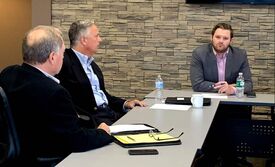 Even with some of the development hurdles we’ve discussed, we’ve seen industrial development growth in the region over the past few years. What is influencing industries to continue to make investments in this area? Sallaberry: The availability of high-quality workers, good skill levels, great work ethic that the area is known for was the biggest draw for us to move our headquarters out here. Clemco was at a sort of an inflection point with a little bit of a turnover in our shareholder group, coincided with being able to vacate very high rent properties in the downtown financial district of San Francisco. Trade that in for Washington, Missouri, it was kind of a financial no-brainer. Maune: For Hodges moving our headquarters to Washington definitely was a financial gain moving here from the East coast. Enduro Binders produces something similar to us. We can call them and say, “our machine is down” and they’ll respond immediately, “bring it on up here and we'll take care of you.” I think that's what makes Washington stand out. The relationships and comradery is so valued by the entire community. Archer: Transportation is also a pretty decent thing for us because we're in the center of the country. We're shipping products to the east and west coast. We don't have to go all the way across the country to get it there. James: Our location is one of the only two manufacturers West of the Mississippi that have any significance. Our competition is in the Southeast part of the United States and the East coast. It's a significant part of our cost to deliver a large power transformer. When we travel from here versus someone traveling from Virginia, Georgia or Pennsylvania, it's an advantage for us, which makes the Washington location a great place to be. Where do you anticipate the largest changes in the industrial sector in the next five years? Archer: There’s a laundry list of potential new changes that leads us all to answer some important questions: how much data do we really look at for a machine or for a company and how do we manage that sort of thing, how do we maintain different levels of cybersecurity, advanced cybersecurity, where is industrial internet going to take companies? What becomes difficult is figuring out what is something that is a newer technology that we need to embrace versus the next shiny thing to go chasing after. It’s not an easy thing certainly, but from our standpoint, it is staying focused on what made you successful and being open to these new elements and figuring out if those things work into what we're focused on. Sallaberry: Smart technology is coming our way and we'd better embrace it. Embrace the right ones, but we better embrace it. Whether it's incorporated into the equipment that we build or whether it's embedded into the processes that we employ to make that product, technology is going to play a huge role in whether we grow or whether we stagnate. James: We're adapting some of our design and manufacturing technologies to accommodate for new energies that are replacing coal. It's now cheaper to generate a kilowatt of electricity through a wind turban than a coal fired plant. It is 70% renewable energy. That's a market that we're having to adapt to and this is a different customer that we have to adapt to as well. I could probably hire a couple of hundred more people just for the renewables market right now. It's that hot in the United States right now. Maune: I think for us it's going to be technology while knowing our customers, trying to understand what our customers are going to want. That's going to be important for us. Trying to anticipate desires, but ahead of time what are they going to want next. If an industry was interested in looking in Washington, what would you highlight to help them make that decision? James: The quality of life and good work ethic in Washington makes it worth living and working here. Weg is really kind of new to business in the United States as a whole. We really got over here just within the past five years and Washington makes us want to continue to grow in the U.S. Archer: Companies within Washington support the community. There seems to be a lot of energy around making sure people get helped through service organizations that are added on as a component. Maune: The fact that we already have an industrial structure and diversity in manufacturing out here makes Washington a great place to be. We all can network with each other daily which is the spirit of Washington. Sallaberry: Corporations are recognizing a greater responsibility, being part of the community and giving back to the community. I'm not seeing many places in the country that have the active volunteerism that this community has. It makes this place different, which is why it’s great to live and work here. Everything else in the Washington area has so much going for it: the quality of life, the social scene in downtown, great schools, and health care, but it seems like the one missing piece is affordable, middle class housing. As announced in late 2019, the Chamber has renewed its focus on membership care and recognition. At our Business Breakfast on January 9, we were excited to honor members that joined or celebrated 5-year anniversaries in the past year!
Upcoming Anniversaries and Recognition Events include: Annual Banquet - March 21 *Chairman's Circle (for Membership Anniversaries of 50 years or more) 40-year anniversaries 30-year anniversaries 25-year anniversaries Summer Mixer - June 4 10-year anniversaries 20-year anniversaries
The focus for the academy was “Building the Leader Within” (Day One) and “Building the Community with your Leadership” (Day Two). Day one began with professionalism activities for learning effective communication skills (Cassandra Suggs), owning your digital brand (Mason Duchatschek), and dressing for success (Gretchen Pettet). Students then spoke with Frank Hemmer at Mercy and were led in a business lunch etiquette activity by Mayor Sandy Lucy. Students ended day one with industry tours and leadership discussions at Hodges Badge, Ziglin Signs, and Clemco.
Day two began with Sal Maniaci speaking to the group at City Hall about Washington’s civic and service leadership opportunities that exist. Jon Bauer presented a message about East Central College, and Danielle Unnerstall and Jennifer Geisike covered ways students could get involved now through joining junior boards in the area. The group walked to the Bank of Washington and participated in a leadership panel that proved to be informative, engaging, insightful, and interesting. The leadership panel consisted of many area leaders including: Jay Nowak, Julie Scannell, Casey Zastrow, Andrew Clary, Becky Cox, and Matt Posinski. Leaders spoke about their journey through leadership and engaged students with authentic examples and genuine conversation. The panel and group transitioned to Marquart’s Landing for a professional pair up and lunch where more casual leadership discussions occurred. Students heard from Dana Marquart at Photogenics on Location and Jessica Sneed from Envy about their unique and recent professional journey in the great town of Washington. The day ended by learning the components of a thank you note and putting the lesson into action to thank the many people who made the inaugural Leadership Academy of Washington a successful event for area students. A Fall Follow-Up was conducted in September with the Leadership Academy students to reflect on the Academy activities, discuss part of the book they were gifted (“Make Your Bed”), and talk about the three hour shadow experience or community service each student completed, as a requirement of the Academy. Students enjoyed their experiences and several were connected with events in the community they had never been a part of until their assignment. Students attended and were recognized at the Washington Area Chamber of Commerce Luncheon in October to round out their leadership experience and meet and greet local business owners in a networking environment. The goals of the Leadership Academy were to invest in youth in order to grow, support, and maintain positive leaders in the community. The committee strived to form meaningful connections between our community and the students in area schools. The Leadership Academy aligned nicely with the strategic plans of those involved by connecting youth to the community and developing potential future leaders. Students were presented multiple viewpoints on leadership and opportunities within the community. They were encouraged to think critically about leadership and also begin to identify their own particular leadership strengths. The Leadership Academy would not have been possible without the generous contributions from the following area businesses: Enduro Binders, Ziglin Signs, Bank of Washington, Washington Area Chamber of Commerce, Four Rivers YMCA, City of Washington, Washington Rotary, Washington Lions, Washington Jaycees, Washington Kiwanis, Washington Optimist, and many others. In addition, the following community leaders worked tirelessly to create this event for the youth in our community: Pam Tholen (St. Francis Borgia Regional High School), Andy Robinson (School District of Washington), Jennifer Geisike (Washington Area Chamber of Commerce), Danielle Unnerstall (Bank of Washington), Brandy Koch (Four Rivers YMCA), Becky Cox (Four Rivers YMCA), Annie Wieland (School District of Washington, and Mary Kleekamp (School District of Washington). The hope is to offer this leadership event for many years to come. For more information on Leadership Academy of Washington, and to view our re-cap video of 2019, visit washmochamber.org/law. |
More from the Blog...
All
Archives
April 2024
|
-
323 W Main Street
Washington, MO 63090 -
(636) 239-2715
-
[email protected]


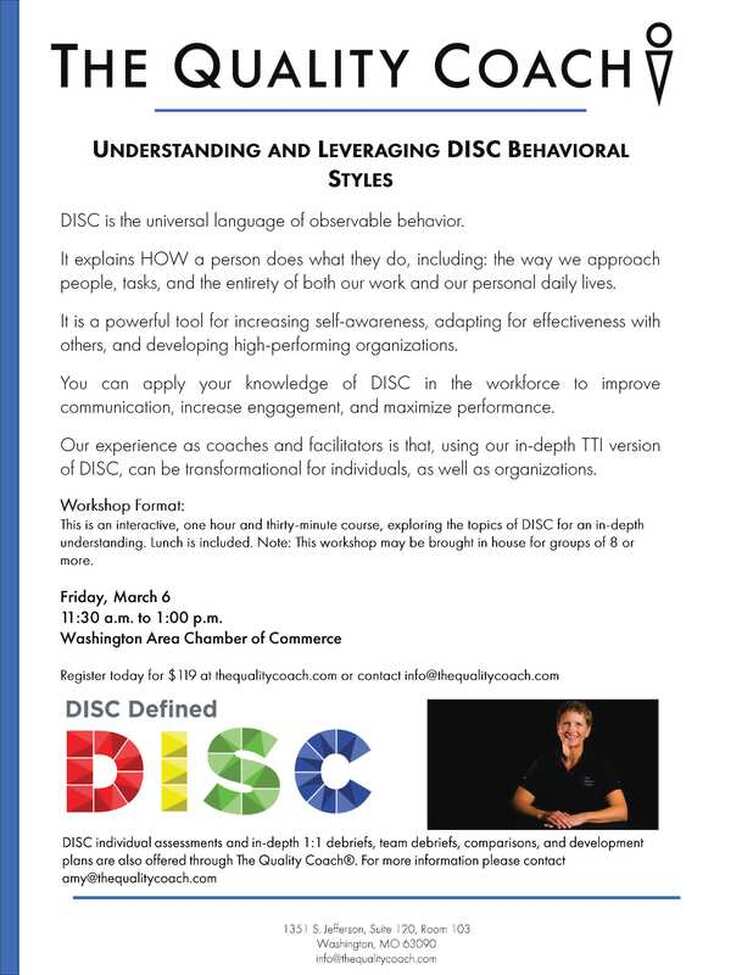
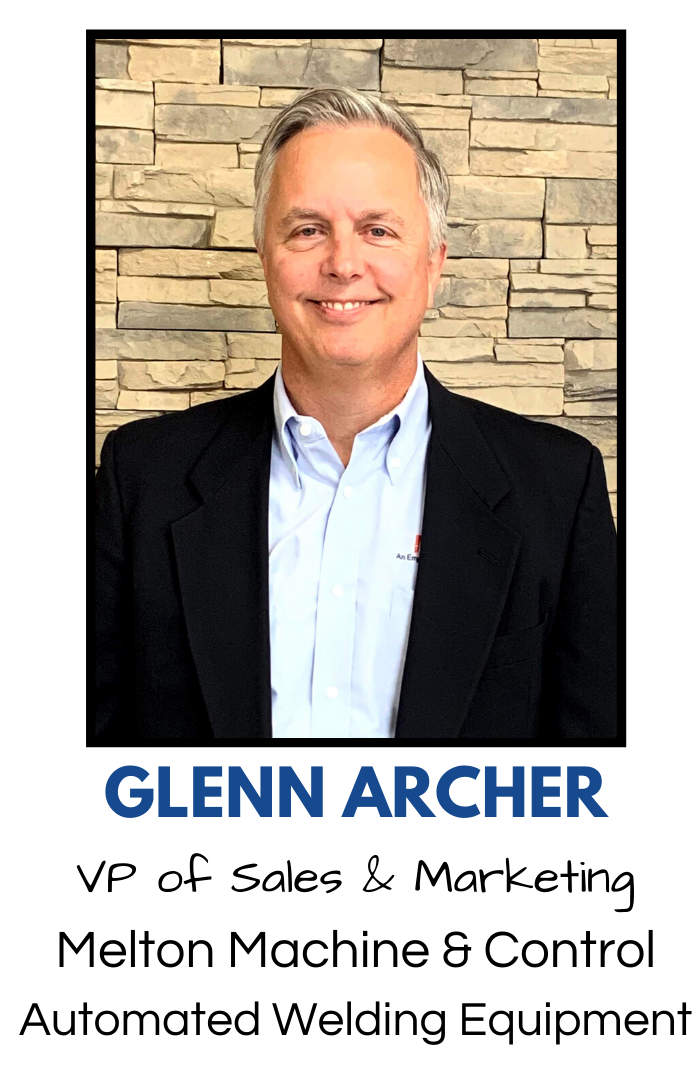
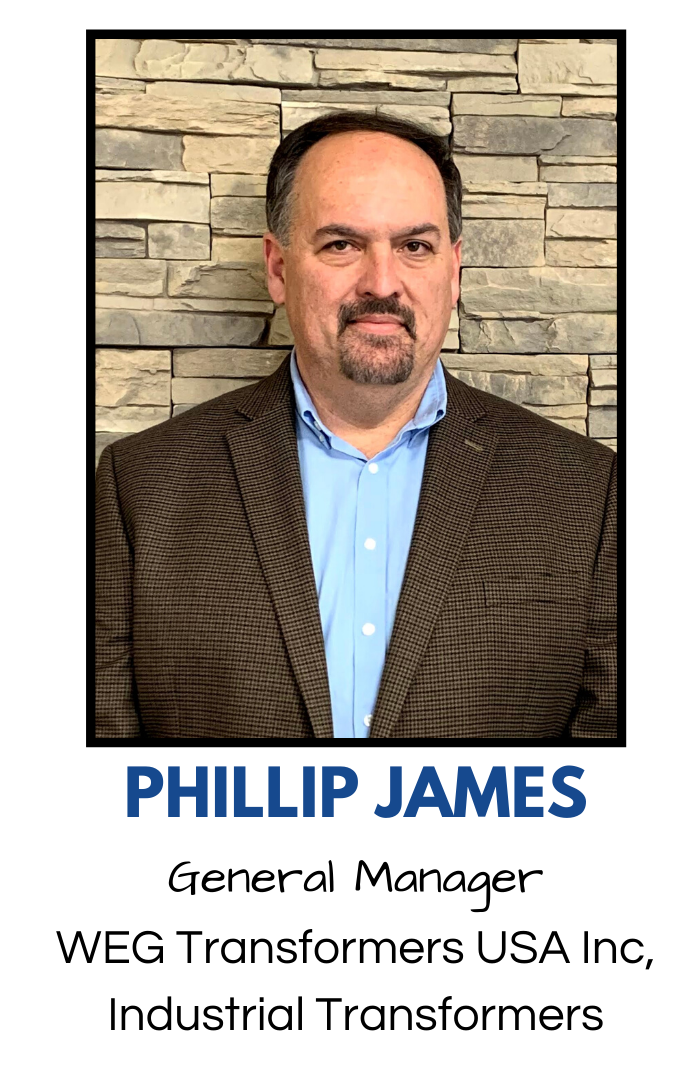
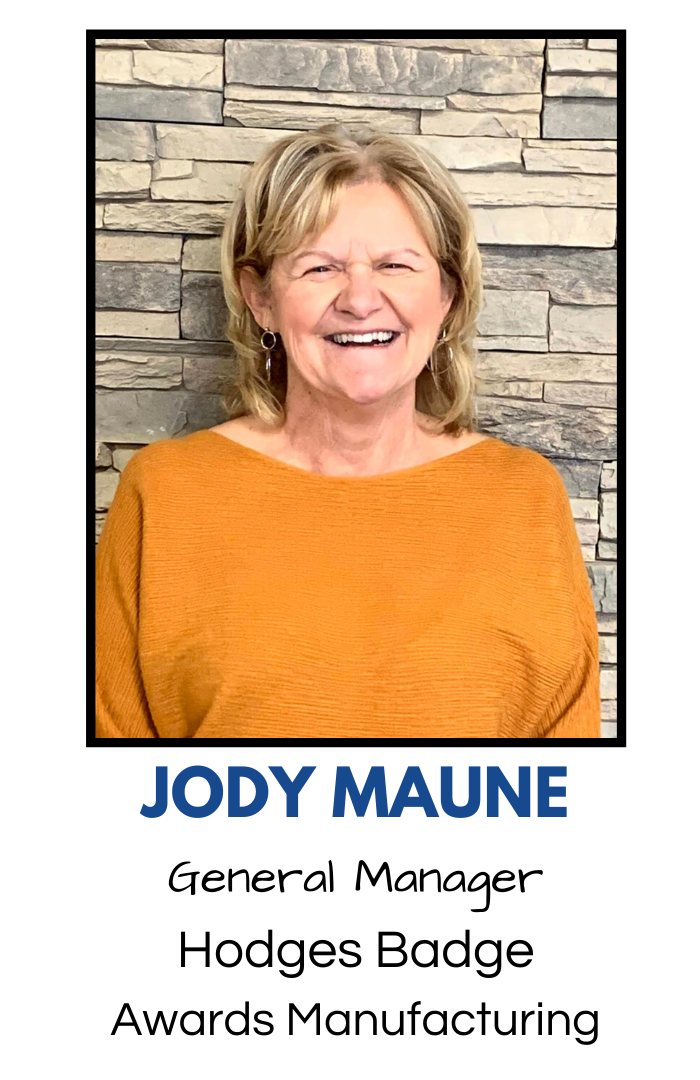
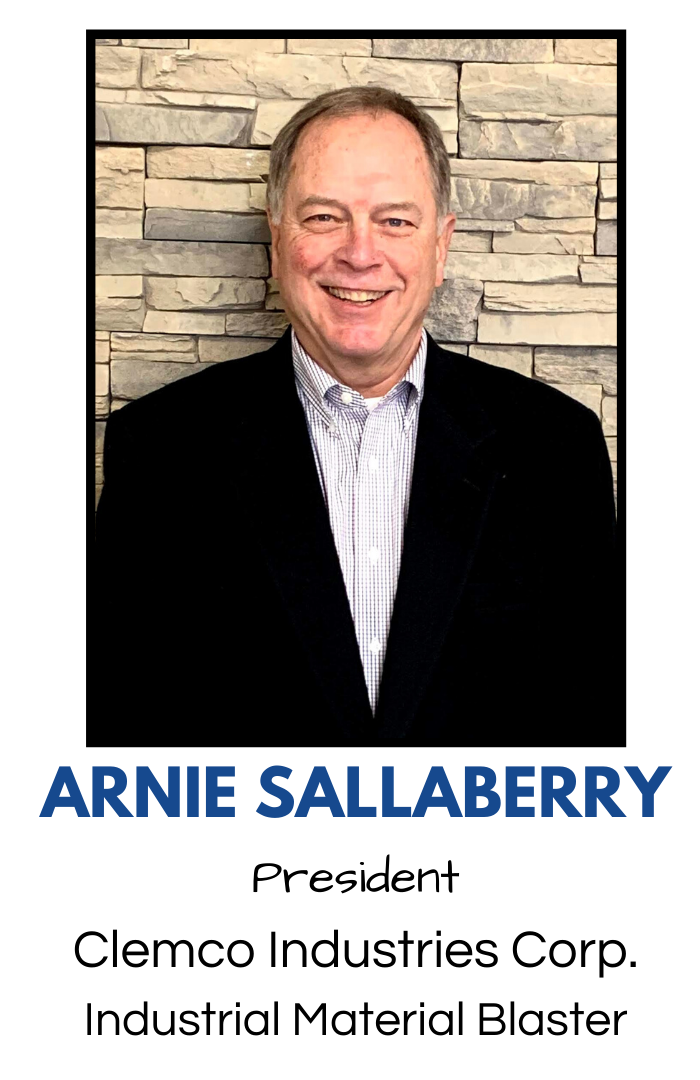
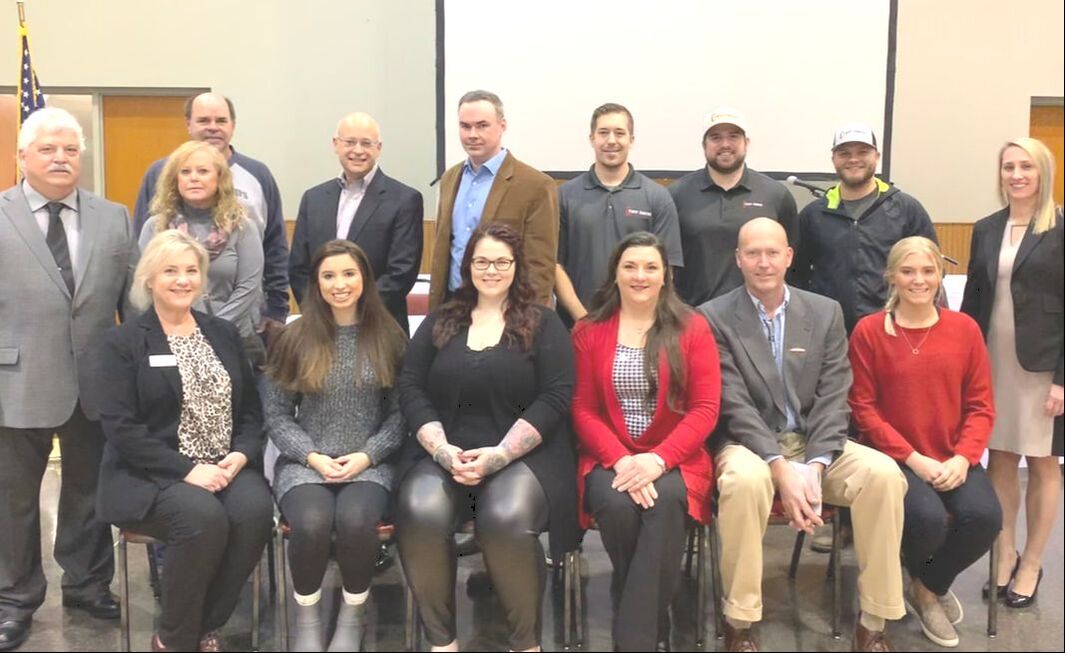
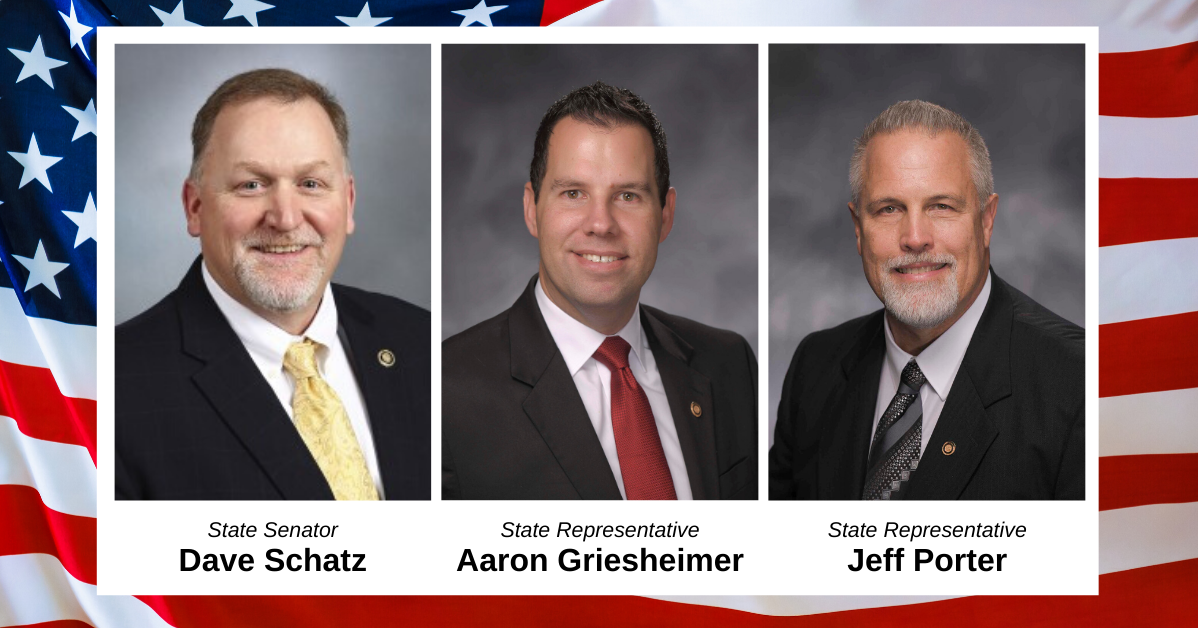
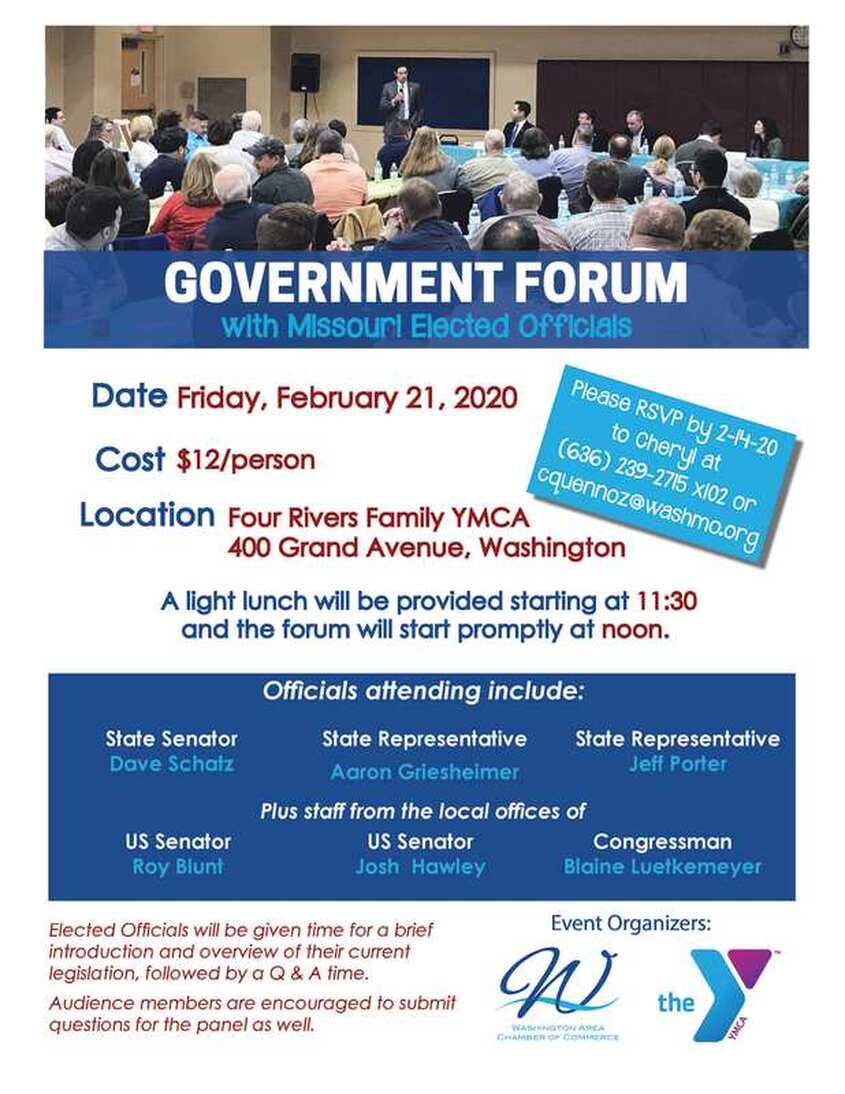
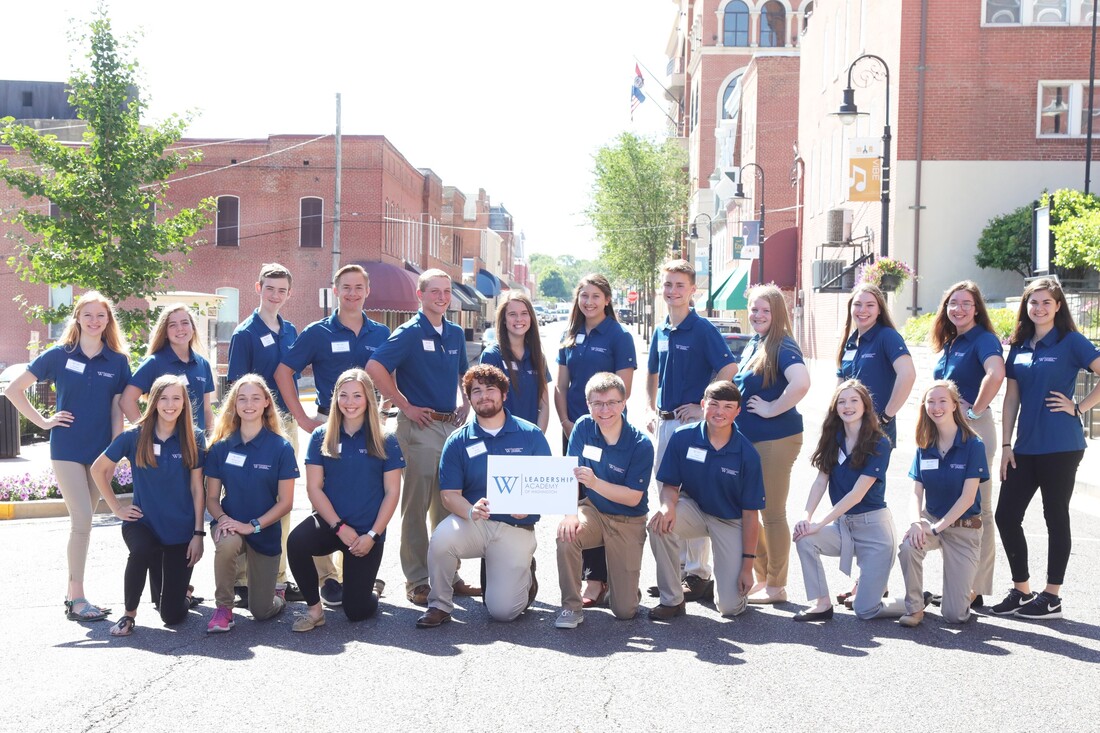
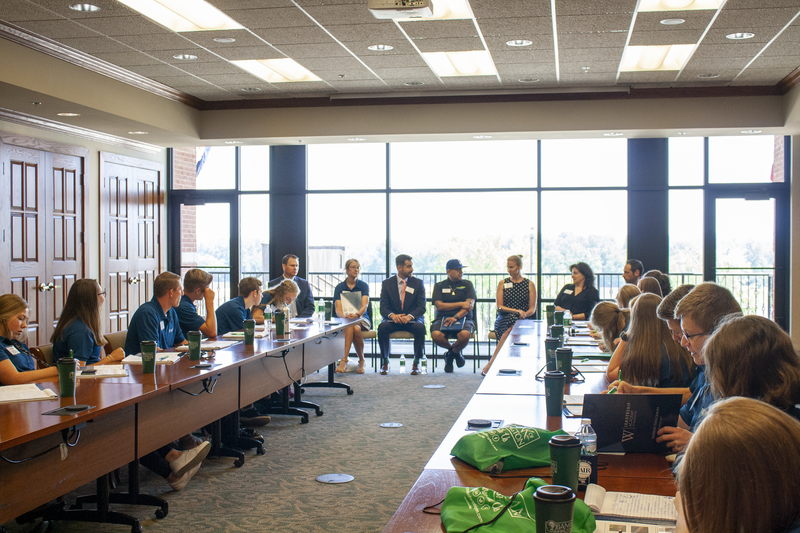
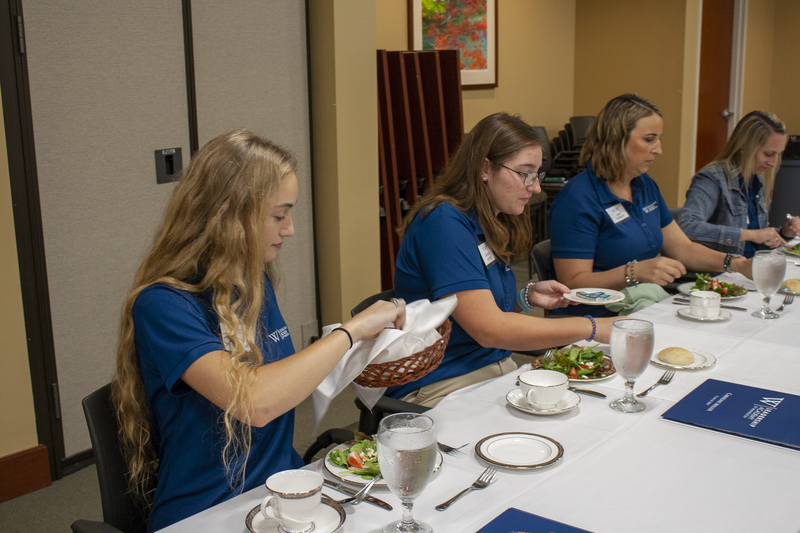
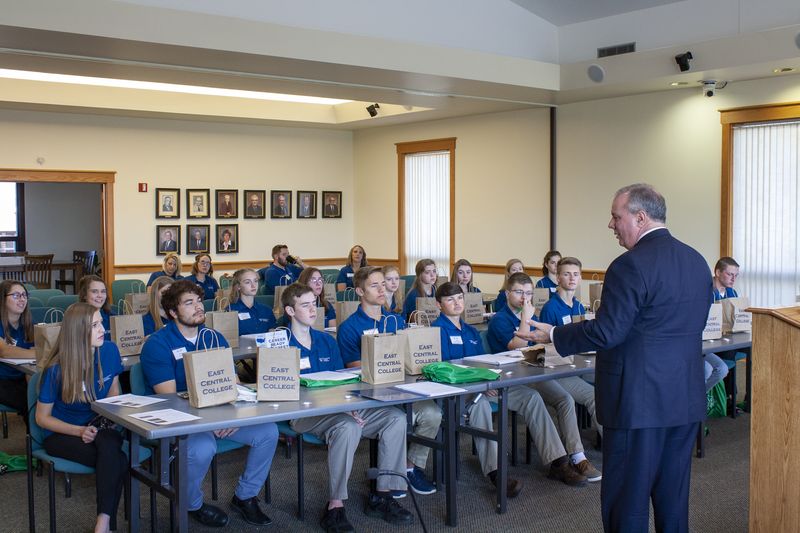
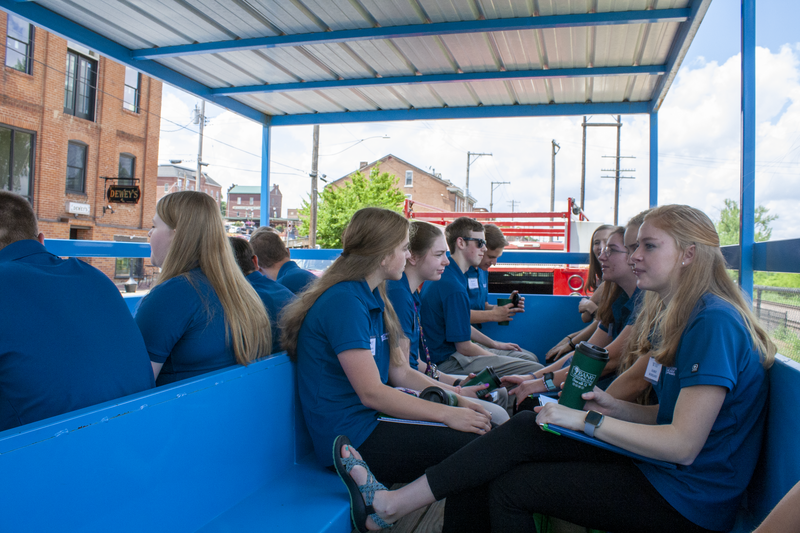
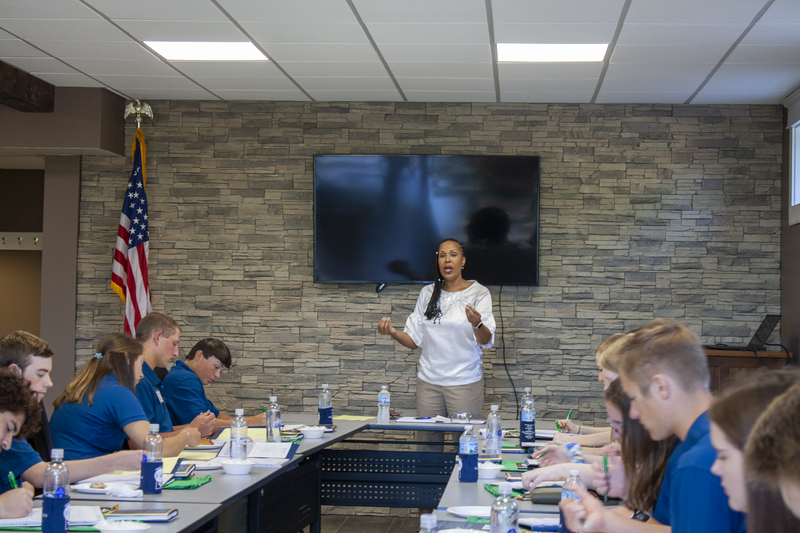
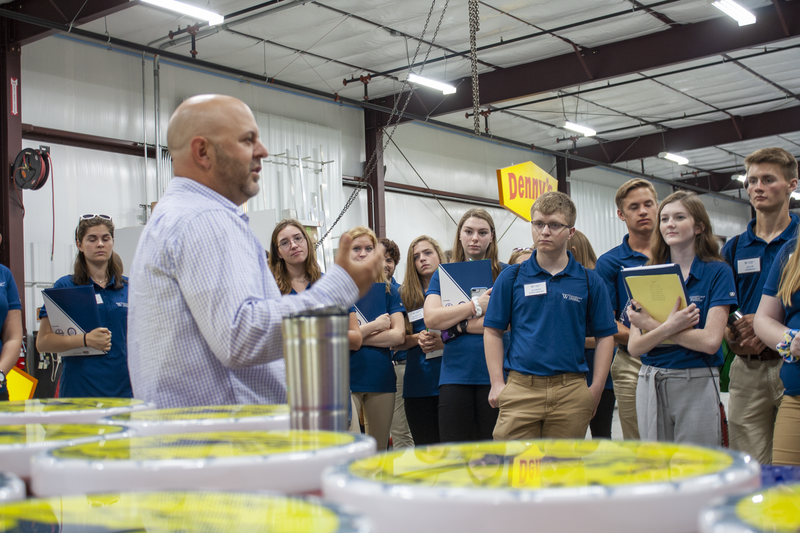
 RSS Feed
RSS Feed